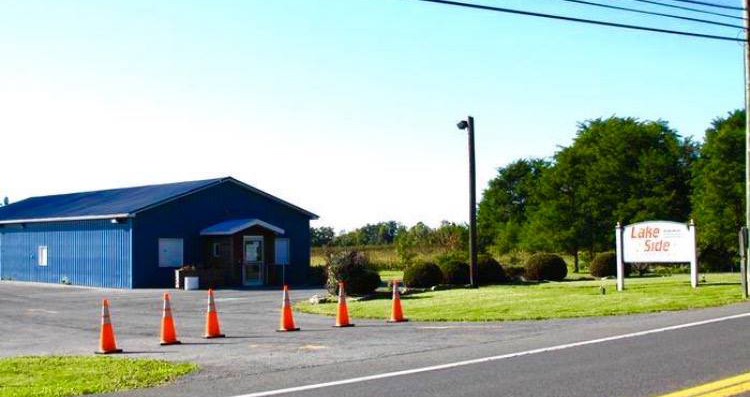A ruling by the 2nd Circuit Court of Appeals on Thursday means that Cayuga Nation of New York can move forward with a lawsuit challenging a local anti-gaming ordinance that has been pushed by the village of Union Springs, which borders one of New York’s Finger Lakes.
The village is located on the east shore of Cayuga Lake, which is where the federally recognized tribe had hoped to establish a gaming venue called LakeSide Entertainment. After Union Spring authorities demanded that the tribe obtain a license, the Cayuga sued the village in New York’s Northern District. The lawsuit’s claim was that the Indian Gaming Regulatory Act preempts the application of the village ordinance. However, the case was dismissed by U.S. District Judge David Hurd last said year because he said that he did not possess the authority to resolve a tribal dispute.
The decision was reversed by the 2nd Circuit on Thursday in a unanimous decision. In a 26-page opinion, the lead author, Judge Gerard Lynch, rejected the view of the village that the tribe’s federal representative lacked standing to sue, and that an injury-in-fact has not been sufficiently alleged by the Cayuga tribe. The three-judge panel said that Clint Halftown, who filed the lawsuit on the tribe’s behalf, was recognized by the Bureau of Indian Affairs (BIA) as the tribe’s last legitimate leader. Judge Gerard Lynch wrote, “Like the BIA, which must determine whom to recognize as a counterparty to administer ongoing contracts on behalf of the Nation, the courts must recognize someone to act on behalf of the Nation to institute, defend, or conduct litigation,” according to the Courthouse News Service.
Regarding a second issue, the court said that individual members of the tribe could also proceed with the suit because the village is threatening them with prosecution. Lynch wrote for the majority, “Where, as here, there is reason to believe that the plaintiffs will be targets of criminal prosecution, and there has been no disavowal of an intention to prosecute those individuals, the plaintiffs have adequately alleged a credible threat of prosecution.” Judge David Hurd will hear further proceedings.
The narrow nature of the court’s ruling was emphasized by an attorney for Union Springs. In an email, Cornelius Murray, an attorney with the firm of O’Connell & Aronowitz, said, “The decision does not address the merits of the case and simply states that the members of the tribe have standing (can pursue their claim that they can gamble), but that the village can argue that they are prohibited from doing so by virtue of federal law.”
LakeSide Entertainment, a Class II gaming facility, is operated by the tribe on its ancestral territory in Union Springs, but the land is not held in trust. For more than a decade, the Cayuga’s land-into-trust application has been under review by the BIA. In October 2010 the final environmental impact statement was completed but the BIA has yet to issue a decision.



